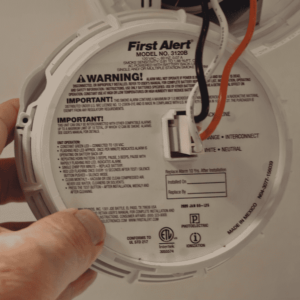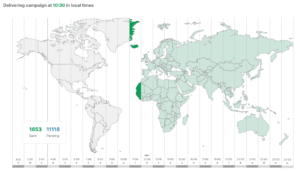(Update: a transcript of the oral argument is now available. )
As I wrote recently (blog article) I will be an observer at the oral argument for In re Chestek PLLC. It will be possible to listen to a live stream of the oral argument here. The session begins today at 10AM Eastern Time. A case called IOENGINE, PLLC v. lngenico Inc will go first (taking an estimated 40 minutes) and then the oral argument for In re Chestek LLC will take place. To prepare for the event you may wish to review the briefs. You can see:
-
- the appellant’s brief
- the appellee’s brief
- the reply brief
- a letter dated June 9, 2023 from the appellee to the Court







